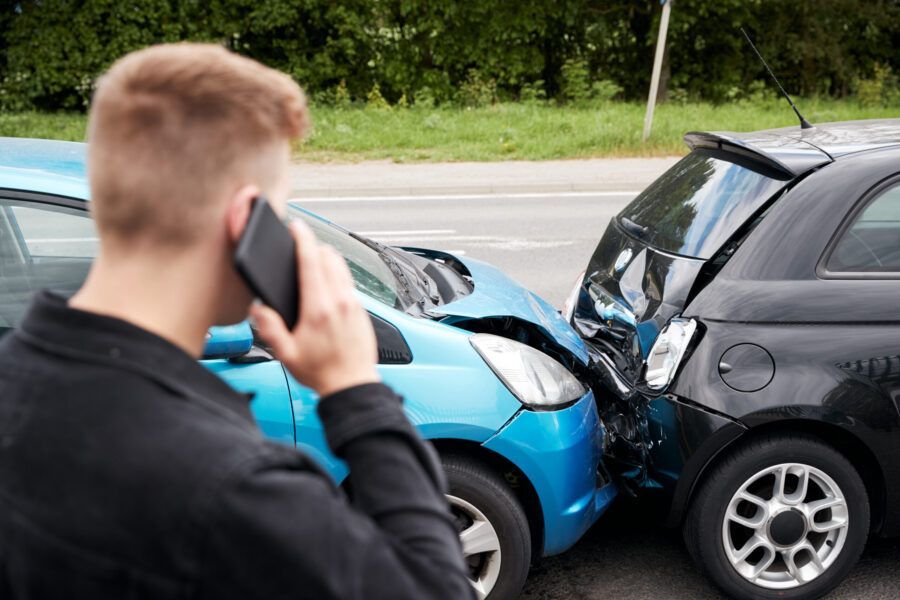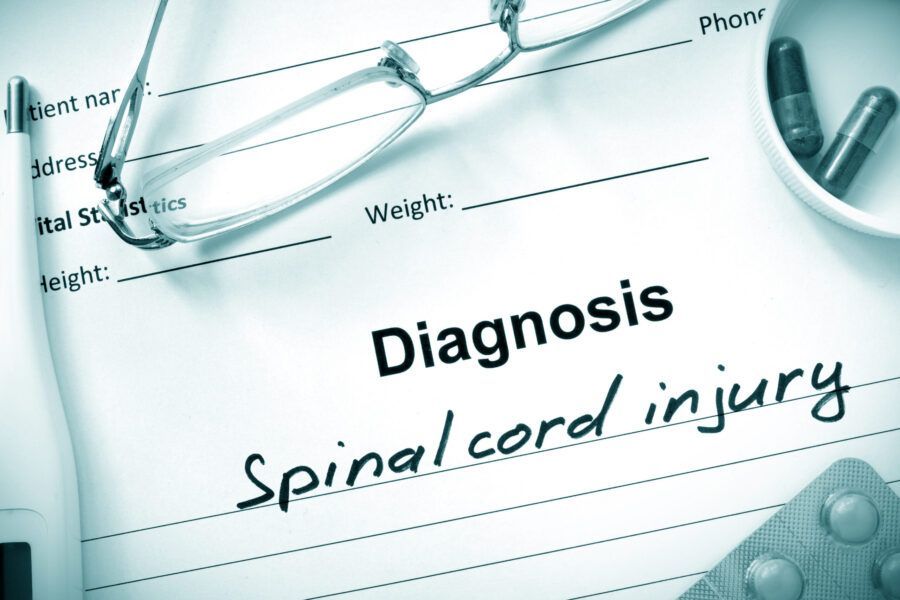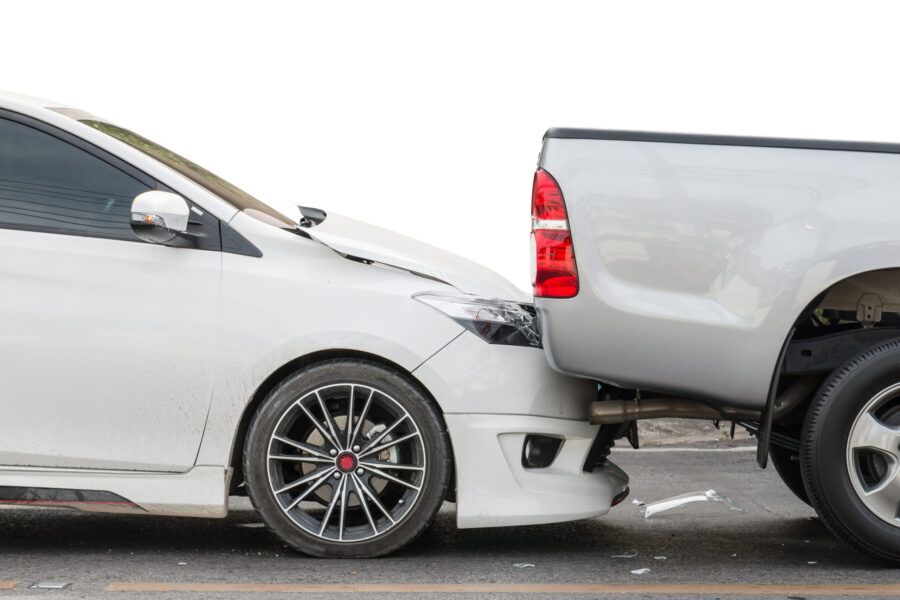Navigating Rear-End Collisions and Soft Tissue Injuries for Downers Grove Victims




Being involved in a rear-end collision can be a distressing experience. It’s not only about the immediate shock but also the potential for lasting injuries. Among the most common and often overlooked are soft tissue injuries. These injuries can range from minor inconveniences to chronic conditions that significantly impact your quality of life. For car accident victims in or around Downers Grove, IL, understanding the severity and treatment options for soft tissue injuries is crucial. This blog aims to shed light on these injuries and guide you on the legal steps you can take to protect your rights.
The Prevalence of Rear-End Collisions
Rear-end collisions are, unfortunately, a frequent occurrence on Illinois roads. According to the National Highway Traffic Safety Administration (NHTSA), rear-end collisions account for nearly 30% of all traffic accidents. The sudden jolt from a rear-end impact can cause various injuries, even when the crash occurs at low speeds. Among these, soft tissue injuries are particularly common but often misunderstood.
Soft tissue injuries, whiplash, and strains are among the most prevalent injuries resulting from rear-end collisions. These injuries can affect muscles, ligaments, and tendons, causing pain and restricting movement. Understanding these injuries is the first step toward seeking appropriate treatment and legal redress.
What Are Soft Tissue Injuries?
Soft tissue injuries refer to damage to the muscles, ligaments, and tendons in your body. In the context of car accidents, these injuries usually result from sudden, forceful impacts that stretch or tear the soft tissues. Unlike fractures or lacerations, soft tissue injuries are not always immediately evident, making them tricky to diagnose and treat.
When involved in a rear-end collision, the abrupt force can cause your neck and back to jerk violently, leading to strains and sprains. Whiplash is a prime example of a soft tissue injury that affects the neck’s muscles and tendons. Other common soft tissue injuries include contusions and tendonitis, which can also result from the sudden impact of a car accident.
During a rear-end collision, the inertia can cause your body to move in unexpected ways, leading to overstretched or torn soft tissues. This can happen even if you were wearing a seatbelt and if the airbags deployed. The hidden nature of these injuries means they can go undetected for days or even weeks, exacerbating the damage.
If you’ve been in a rear-end collision, it’s essential to be vigilant about symptoms that may indicate a soft tissue injury. These symptoms can include pain, swelling, bruising, and limited range of motion. Even if you feel fine immediately after the accident, these symptoms can develop later and should not be ignored.
The Severity of Soft Tissue Injuries
Soft tissue injuries can vary significantly in severity. While some people may experience only minor discomfort, others may suffer from chronic pain and long-term disability. Understanding the range of these injuries can help you gauge the seriousness of your condition and seek appropriate treatment.
Soft tissue injuries can be classified into different categories based on their severity. Minor injuries may include mild strains and sprains that heal with rest and basic care. Moderate injuries may require more intensive treatment like physical therapy, while severe injuries can lead to chronic pain and may necessitate surgical intervention.
In some cases, untreated or inadequately treated soft tissue injuries can lead to chronic conditions. Chronic pain, reduced mobility, and long-term disability are just a few of the potential outcomes. These conditions can severely impact your quality of life, making it essential to seek prompt medical attention.
Immediate and Long-Term Treatment Options
The good news is that various treatment options are available for soft tissue injuries. From immediate first aid to long-term rehabilitation, understanding your treatment options can help you recover more effectively and get back to your normal life.
Immediate Care
Immediately after a rear-end collision, applying ice to the affected area can help reduce swelling and pain. Over-the-counter pain relievers and anti-inflammatory medications can also provide temporary relief. However, these are only stop-gap measures, and professional medical evaluation is crucial.
Long-Term Rehabilitation
For more severe or persistent soft tissue injuries, long-term rehabilitation options are available. Physical therapy can help restore strength and flexibility, while chiropractic care can realign your spine and alleviate pain. In some cases, advanced treatments like ultrasound therapy and electrical stimulation may be recommended.
Alternative Treatments
Alternative treatments, such as acupuncture and massage therapy, can also be beneficial for managing soft tissue injuries. These treatments can complement conventional methods, providing additional relief and promoting overall well-being.
Legal Implications and Your Rights
After a rear-end collision, insurance companies may attempt to downplay the severity of your injuries to minimize payouts. Consulting with a personal injury attorney can ensure that your rights are protected and that you receive fair compensation for your injuries.
In Illinois, the statute of limitations for personal injury claims is two years from the date of the accident. This means you have a limited time to file a claim, making it essential to seek legal advice as soon as possible.
A personal injury attorney can assist you in gathering evidence, negotiating with insurance companies, and representing you in court if necessary. They can also help you understand the full extent of your damages, including medical expenses, lost wages, and pain and suffering.
Taking the Next Steps
If you’ve been involved in a rear-end collision and suspect that you have sustained soft tissue injuries, taking prompt action is crucial. Seek medical attention, document your symptoms, and consult with a personal injury attorney to explore your legal options.
Don’t wait until it’s too late. If you’re in Downers Grove, IL, and have experienced a rear-end collision, contact the Law Offices of Gregory J. Abbott at 630-963-7938. Our team of experienced attorneys is here to help you navigate the complexities of personal injury claims and ensure that you receive the compensation you deserve.
Take control of your recovery and protect your future. Reach out to us today!
